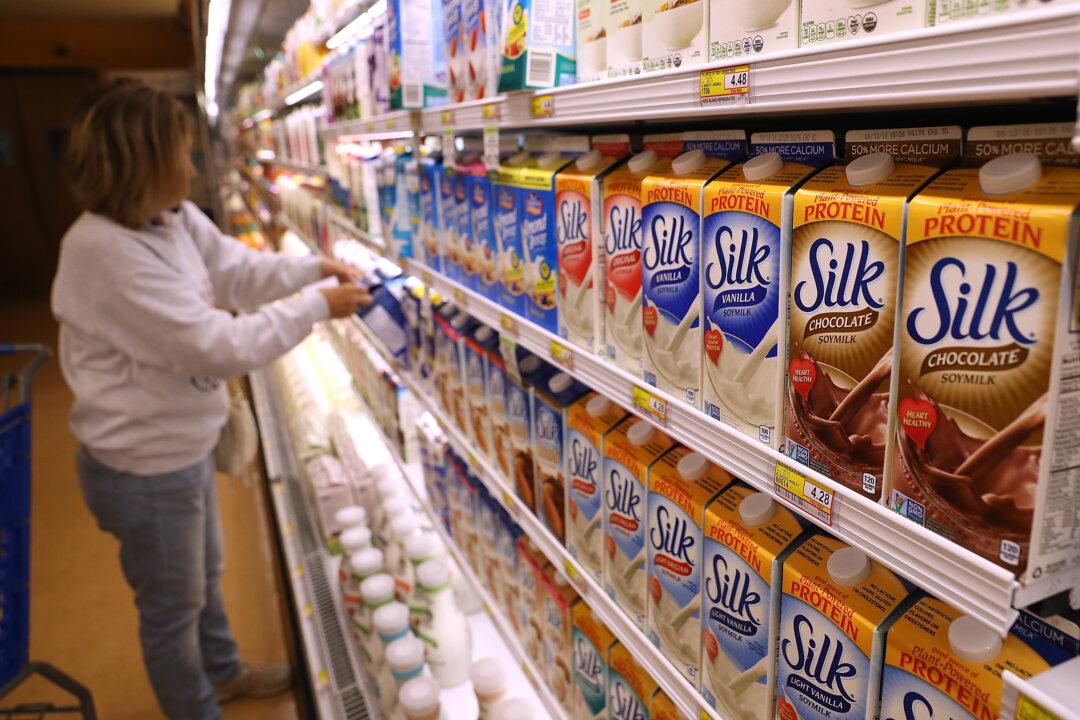Plant-based food companies can now label their alternative milk products, such as oat and almond milk, as “milk,” according to draft labeling recommendations that the U.S. Food and Drug Administration (FDA) released on Feb. 22.
But if companies do call their products “milk,” the guidance recommends they should clearly label the beverage’s plant source, such as “coconut milk” or “soy milk,” along with “voluntary nutrient statements” that explain the nutritional differences between their “milk” and “cow’s milk.”




